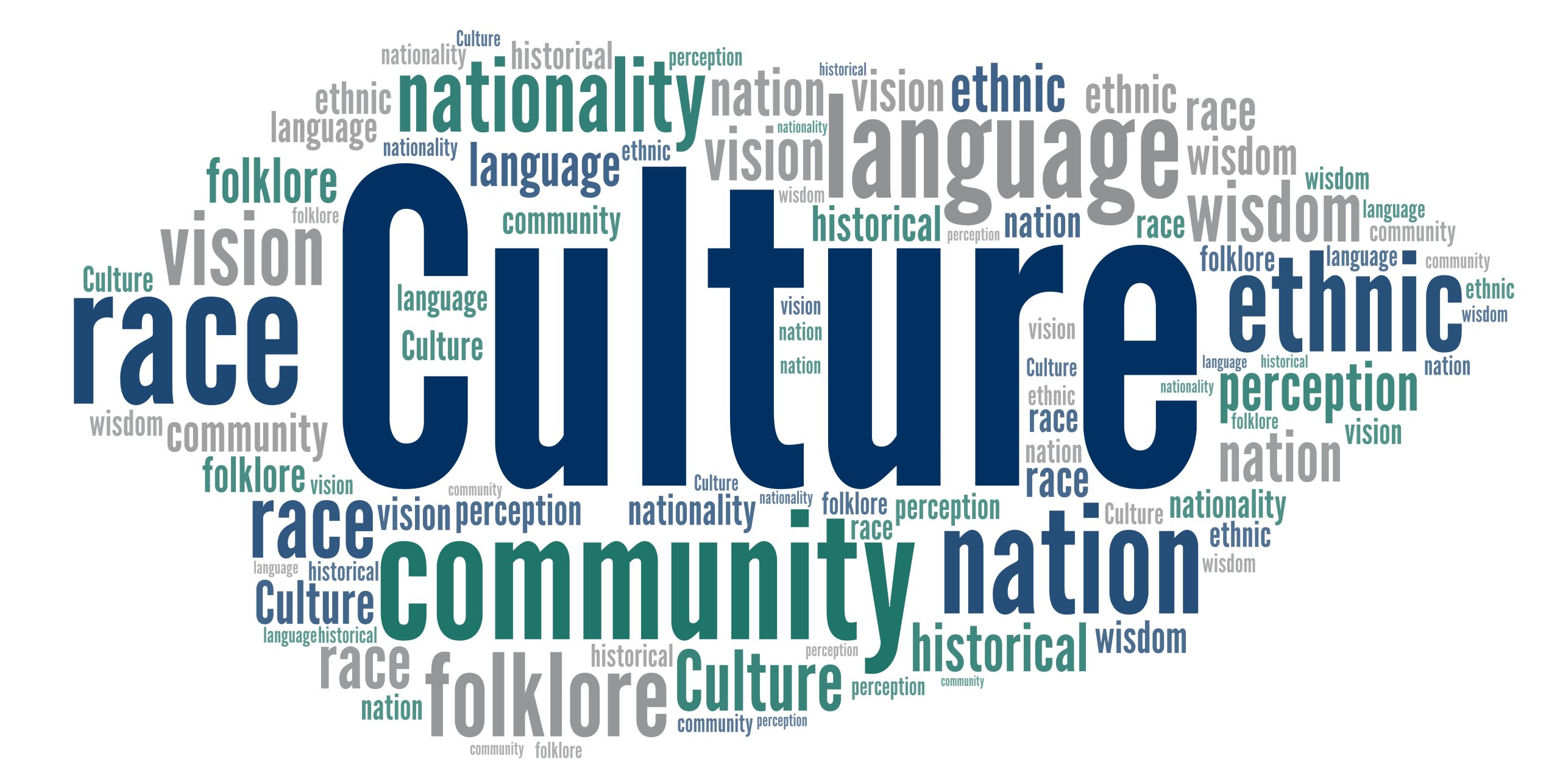Chapter 8: Cultural Competency

Chapter 8 Introduction
Every person in the world belongs to a culture. For the purposes of this chapter, culture is the learned and customary way of life in human societies, unique to each. Culture helps give people an identity and shapes their values, beliefs, and practices. Culture plays a significant role in health and wellness because it can affect what types of medicines and treatments to use, who is allowed to provide care, and beliefs about what causes illness and injury.
The United States has long had a reputation as a multicultural nation and, according to the United States Census Bureau, it continues to grow even more racially and ethnically diverse every year (Jensen, 2022). In health care, nurses will encounter clients with different cultures from each other and different cultures from themselves. It is imperative that nurses are able to understand and adapt to cultural differences in order to provide the best possible care for all clients, regardless of culture. This chapter discusses how to gain a better understanding of cultural differences among the clients nurses serve and how to incorporate diversity and inclusion as best practice.
Media Attributions
- Cultural Competency
